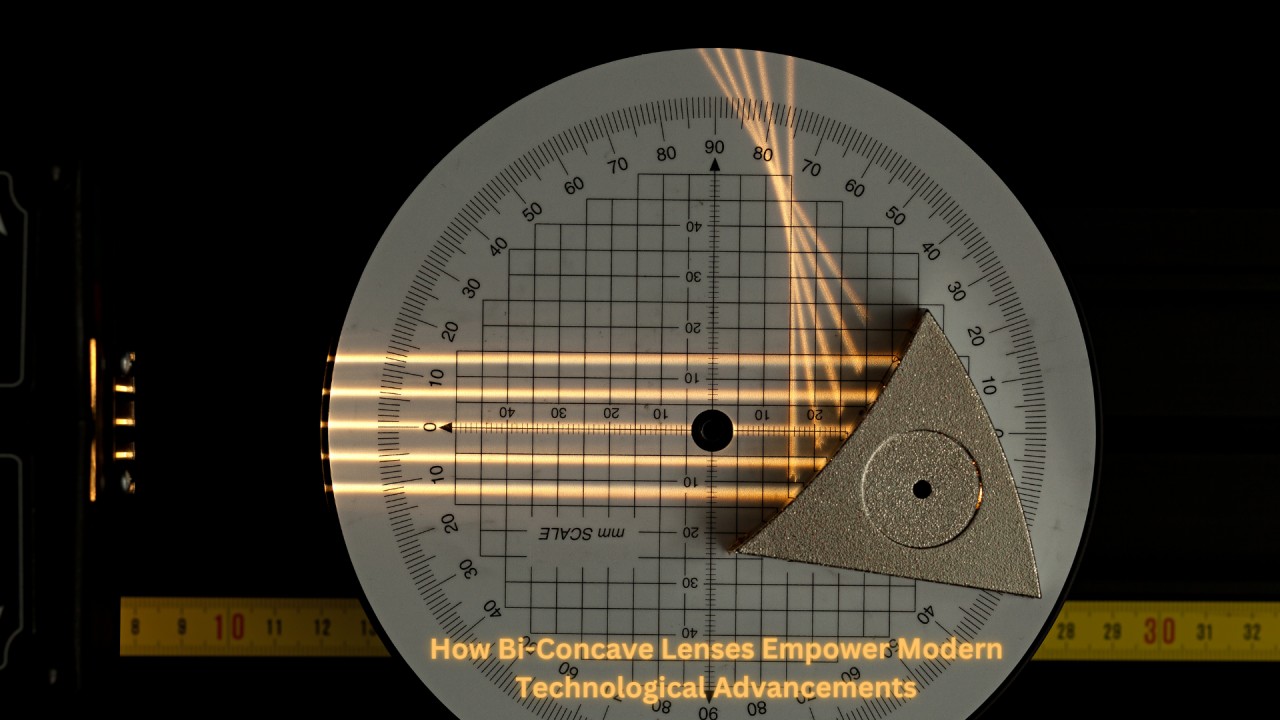Security solutions have evolved beyond traditional locks and keys in today’s rapidly advancing technological age. Digital locks, with their sophisticated features, have made their way into both homes and businesses, offering a modern approach to security.
But are they inherently better, or do traditional locks still hold their ground? Let’s embark on a journey with a seasoned locksmith in Dallas to compare digital locks with traditional counterparts, evaluating the pros and cons of each.
Understanding the Basics of Both Lock Types
Traditional Locks: For centuries, traditional locks, operated with physical keys, have been the primary method of securing doors. They come in many designs, from deadbolts to padlocks, and are ubiquitous worldwide. Their mechanism relies on the key aligning with the pins inside the lock.
Digital Locks: A recent innovation in the security world, digital locks don’t require a physical key. Instead, they employ passwords, key cards, or bio-metric data like fingerprints. They’re often powered by batteries or direct electric supply and are becoming common, especially in commercial establishments.
Evaluating the Security Proposition
For many businesses in Dallas, security is paramount. Commercial locksmith services in Dallas frequently encounter the dilemma of choosing between digital and traditional locks.
Traditional Locks: Their strength lies in their simplicity. With no software or electronic components, they’re immune to electronic hacking. However, they can be susceptible to lock picking, bumping, or brute force.
Digital Locks: These locks offer enhanced security features, such as alarms for tampering and wrong password entries. They can’t be picked in the traditional sense, but they might be vulnerable to electronic hacking or system malfunctions.
Convenience and User Experience
Traditional Locks: A significant advantage is that they don’t rely on power. You don’t have to worry about battery replacements or power outages. However, if you lose the key, you’re locked out unless you have a spare or call a locksmith in Dallas.
Digital Locks: They offer key-less entry, which is convenient, especially for businesses. Features like multiple user codes or temporary access can benefit commercial settings. But, they rely on power, which can lock you out unless maintained.
Maintenance and Durability
Commercial locksmith services in Dallas often cite maintenance as a deciding factor for many businesses.
Traditional Locks: They require minimal maintenance. Regular lubrication and occasional tightening might be all they need. They are resilient to power issues but can wear out or rust over time.
Digital Locks might require software updates, battery replacements, or re calibration. Their electronic components might not fare well in extreme weather, but they don’t suffer from physical wear and tear like traditional locks.
Cost Implications
Traditional Locks: Generally, they are more affordable upfront. However, if keys are frequently lost, and locks need replacing, costs can add up.
Digital Locks: They tend to be pricier in terms of initial investment and maintenance. However, the enhanced features and convenience might justify the costs for many businesses.
Conclusion
Both digital and traditional locks have their merits. For businesses seeking modern conveniences, enhanced features, and a futuristic appeal, digital locks might be the way to go. However, those valuing simplicity, reliability, and a lower upfront cost might lean towards traditional locks.
Whatever your preference, always consult with a reliable locksmith in Dallas, ensuring you make an informed decision tailored to your needs. After all, security is not just about locks and keys but peace of mind.







